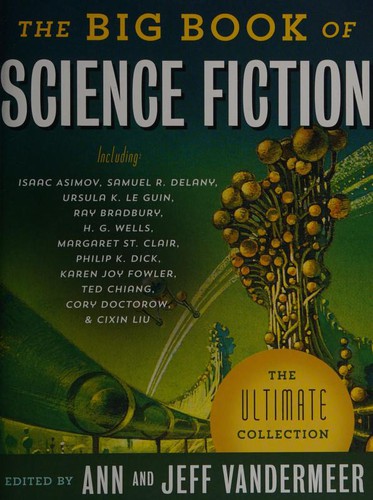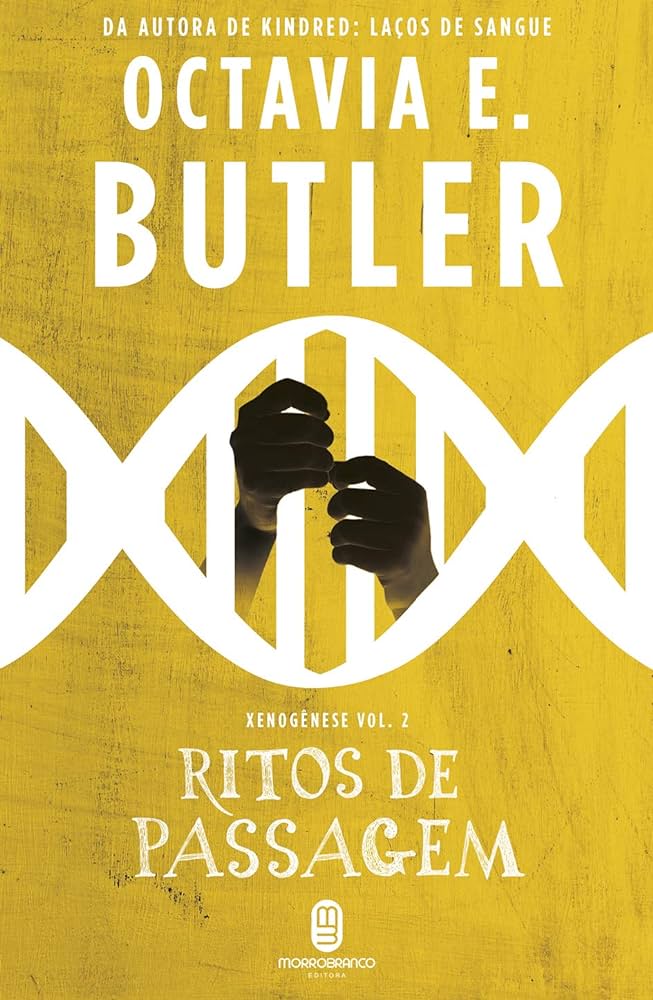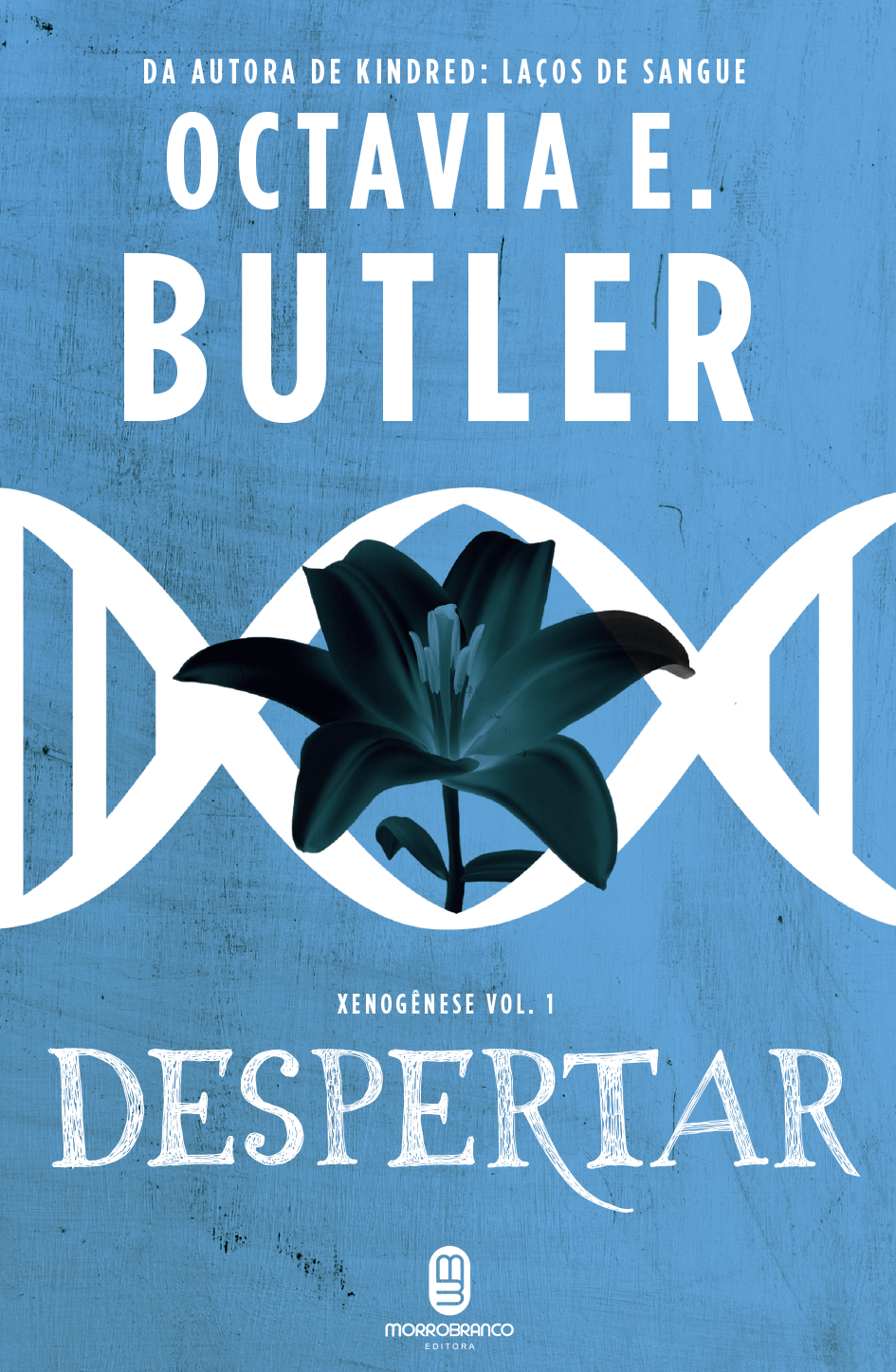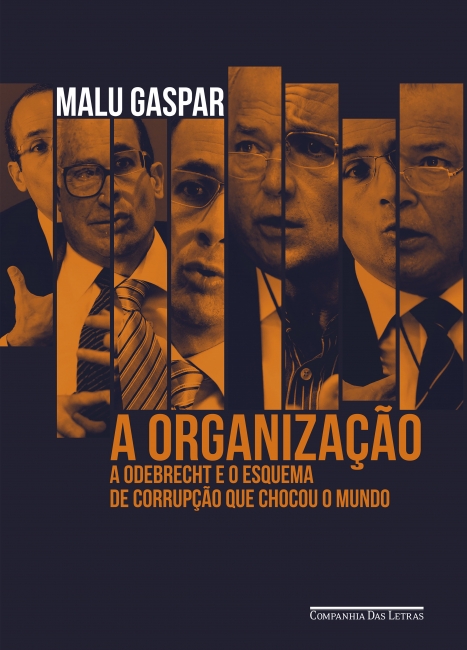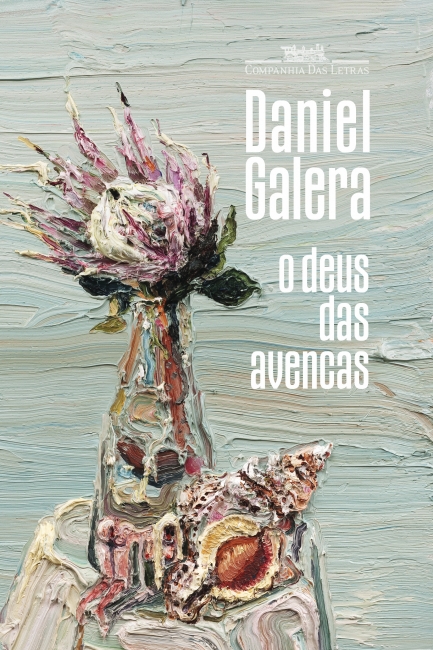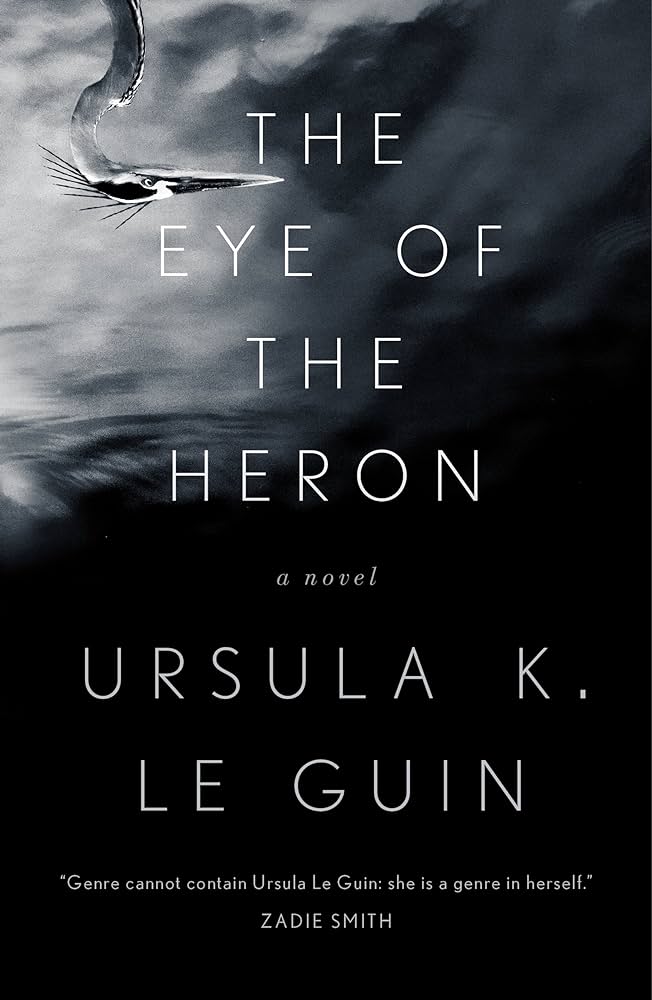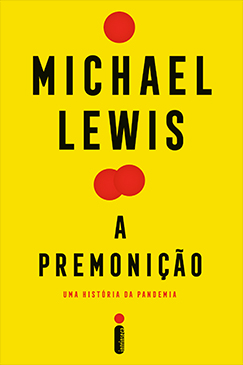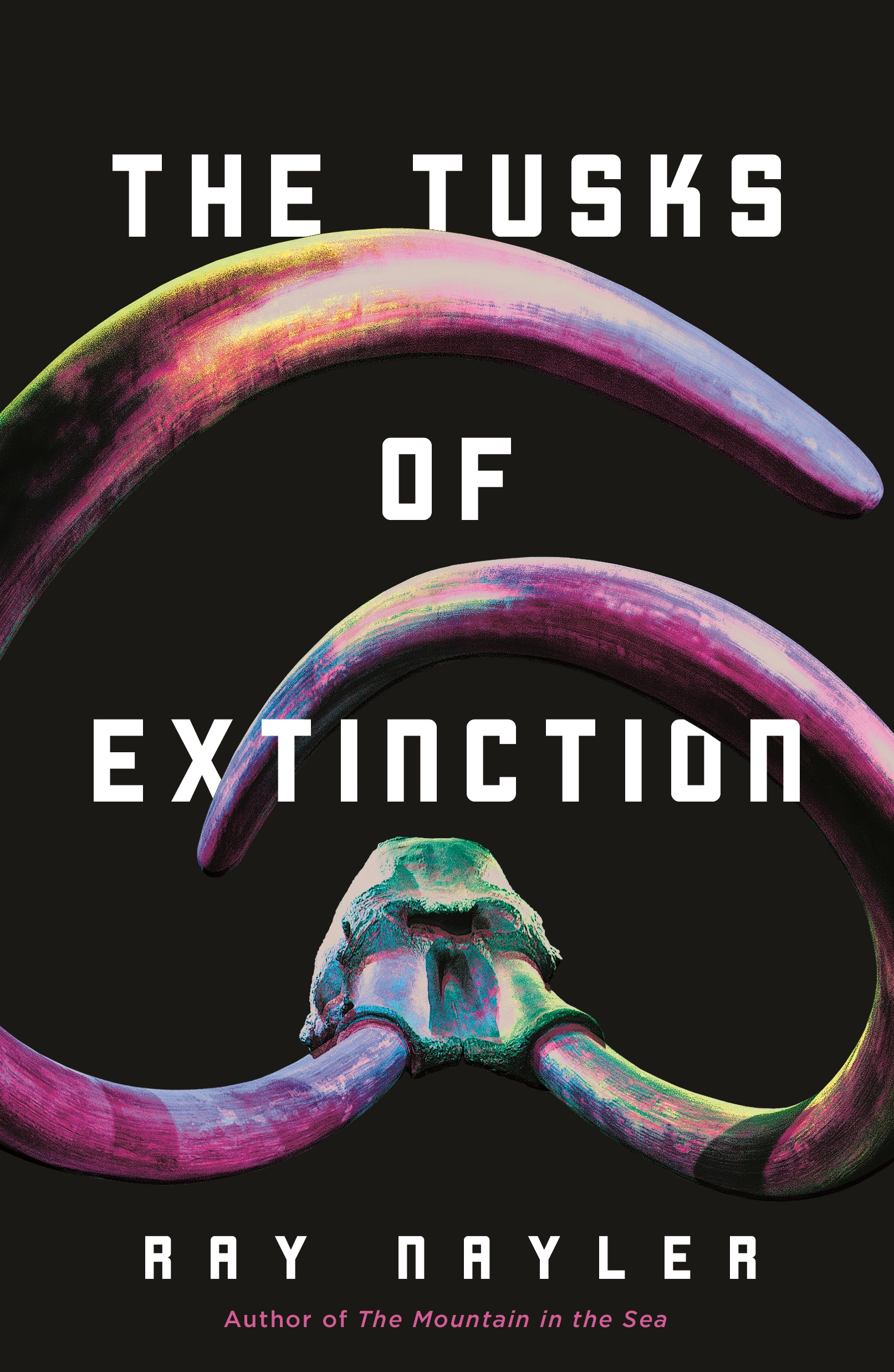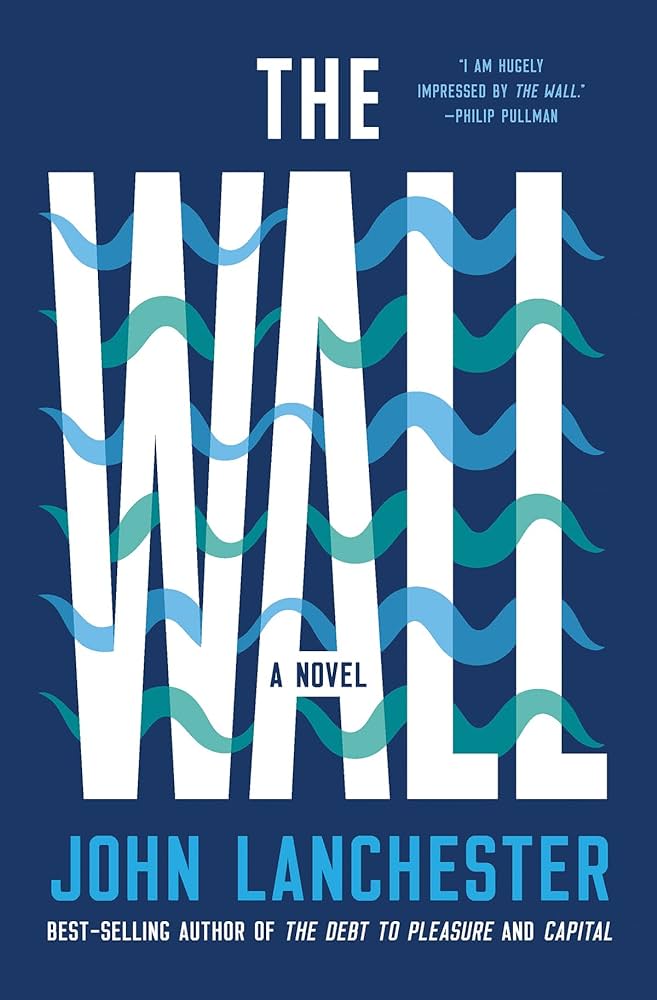sol2070 reviewed The Big Book of Science Fiction by Jeff VanderMeer
It's big
5 stars
(em português → sol2070.in/2024/07/coletanea-melhores-contos-ficcao-cientifica-todos-os-tempos/ ) "The Big Book of Science Fiction" (2016) is really big: 1,200 pages of the best science fiction stories of all time, in the opinion of Ann and Jeff Vandermeer. Jeff is one of today's best speculative (mainly "new weird") authors. With Ann (his wife), they also have a lot of experience in preparing collections like this one.
For anyone who likes the genre, it's a treasure trove. Even those who don't particularly like it can find short stories so good that they transcend genre limitations.
The couple also edited another collection that is waiting in my queue: "Sisters of the Revolution: A Feminist Speculative Fiction Anthology". This inclusivity is also a hallmark of "The Big Book...". People such as Asimov, Clarke and Dick are all there, but the number of female authors, feminist or diverse themes and people from outside the US-England axis is impressive. …
(em português → sol2070.in/2024/07/coletanea-melhores-contos-ficcao-cientifica-todos-os-tempos/ ) "The Big Book of Science Fiction" (2016) is really big: 1,200 pages of the best science fiction stories of all time, in the opinion of Ann and Jeff Vandermeer. Jeff is one of today's best speculative (mainly "new weird") authors. With Ann (his wife), they also have a lot of experience in preparing collections like this one.
For anyone who likes the genre, it's a treasure trove. Even those who don't particularly like it can find short stories so good that they transcend genre limitations.
The couple also edited another collection that is waiting in my queue: "Sisters of the Revolution: A Feminist Speculative Fiction Anthology". This inclusivity is also a hallmark of "The Big Book...". People such as Asimov, Clarke and Dick are all there, but the number of female authors, feminist or diverse themes and people from outside the US-England axis is impressive.
It includes, for example, the excellent Brazilian André Carneiro, with his short story "Darkness" (1965), which anticipated the generalised blindness made famous by Saramago by 30 years.
Each story is preceded by tasty articles about the person who wrote it and their favourite themes. There are so many stories that, realistically, only those who are very fanatical will read everything. I, for one, skipped most of the hard sci-fi or "golden age" themed stories (fortunately, many of the stories chosen from the early days are more visionary and not at all square).
Some of the best I've marked, among many others:
- "The Star" (1955), Arthur C. Clarke - For me, the best stories by this father of hard sci-fi are those with a religious theme, such as the novels 2001, Childhood's End and the short story The Nine Billion Names of God. The Star is also of this type. A priest makes a terrifying discovery while travelling to the remains of a supernova.
- "The Last Question" (1956), Isaac Asimov - The author considered this his best short story. It also awakens the wonder of spirituality, but without involving anything supernatural. It's basically about the evolution of the cosmos.
- "The Voices of Time" (1960), J.G. Ballard - A hypnotic and mysterious existential apocalyptic story. I liked it so much that I've bookmarked several books and collections by one of the few speculative authors who completely transcended the genre.
- "Vaster Than Empires and More Slow" (1971), Ursula K. Le Guin - I mentioned this short story at the end of my review of "The Word for World Is Forest". About the sentience of an alien biosphere.
- "Swarm" (1982), Bruce Sterling - About a cosmic mega-organism with challenging intelligence. There's a good episode of the Netflix series "Love, Death & Robots" that adapts this story, same title.
- "Sandkings" (1979), George R.R. Martin - The author of the books on which Game of Thrones is based also writes great sci-fi. This award-winning story is the best I've ever read about invasion.

